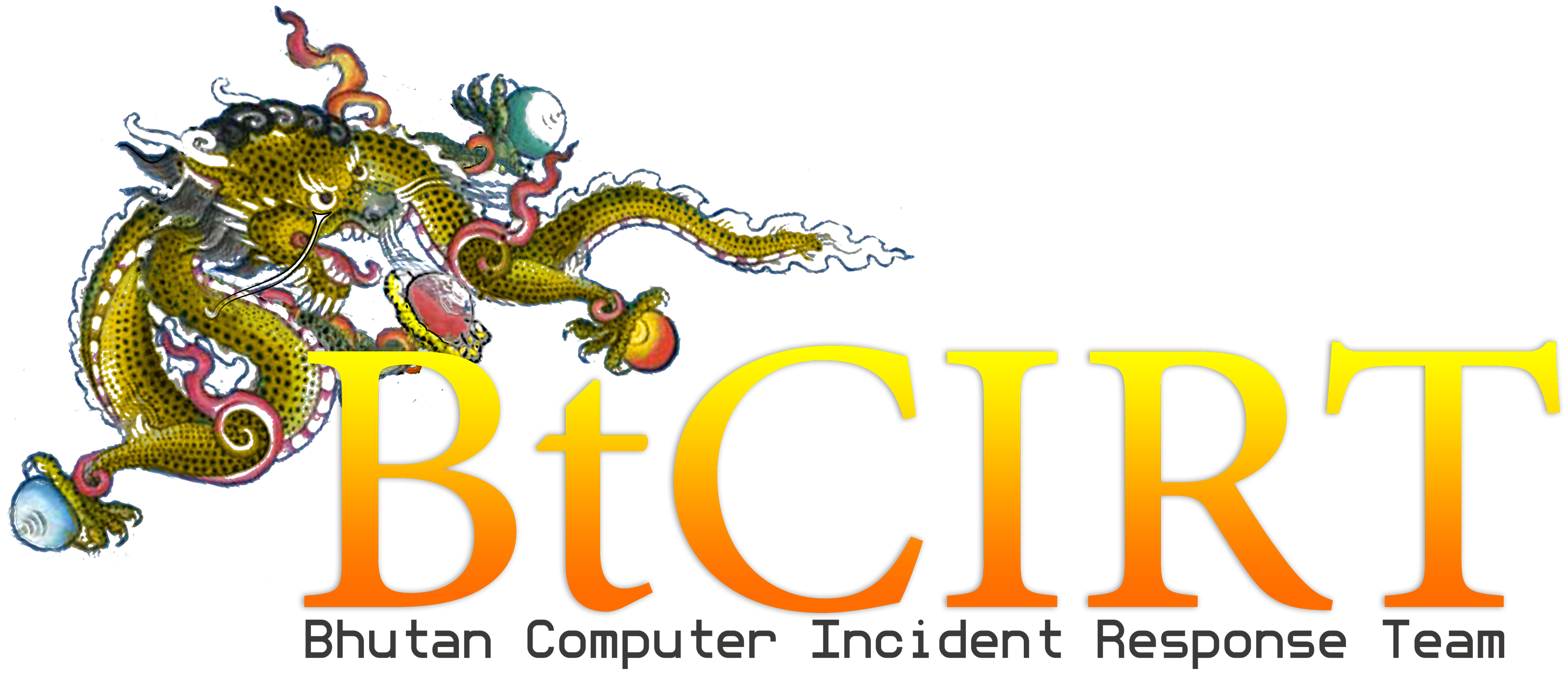Today the execution of every business and delivery of services are conducted over a computer network or the world wide web which begs the need for protection against dangerous actors that can compromise this effective mode of interaction between providers and consumers. These kinds of attacks are perpetrated by hijacking and then manipulating the information transacted over the network.
One of the many methods to safeguard against attackers from intercepting data between two transacting parties can be achieved by encryption. Encryption can be implemented by using the SSL (secure socket layer) certificates that enables algorithms to turn plain text data to a jumble of alphanumeric random characters that are indiscernible even if hijacked. In technical terms, a secure website will have a url address that looks like “https://www.xyz.com” rather than “http://www.xyz.com” and you should be wary of entering your passwords on the latter.
Encryption should be used if you are commissioning an online system and is always an indispensable requirement if the system involves user authentication and transaction of sensitive information. There are two ways to incorporate this security to your websites, by buying certificates from commercial certifying vendors like Comodo SSL and DigiCert or by deploying opensource certificates like letsencrypt.

